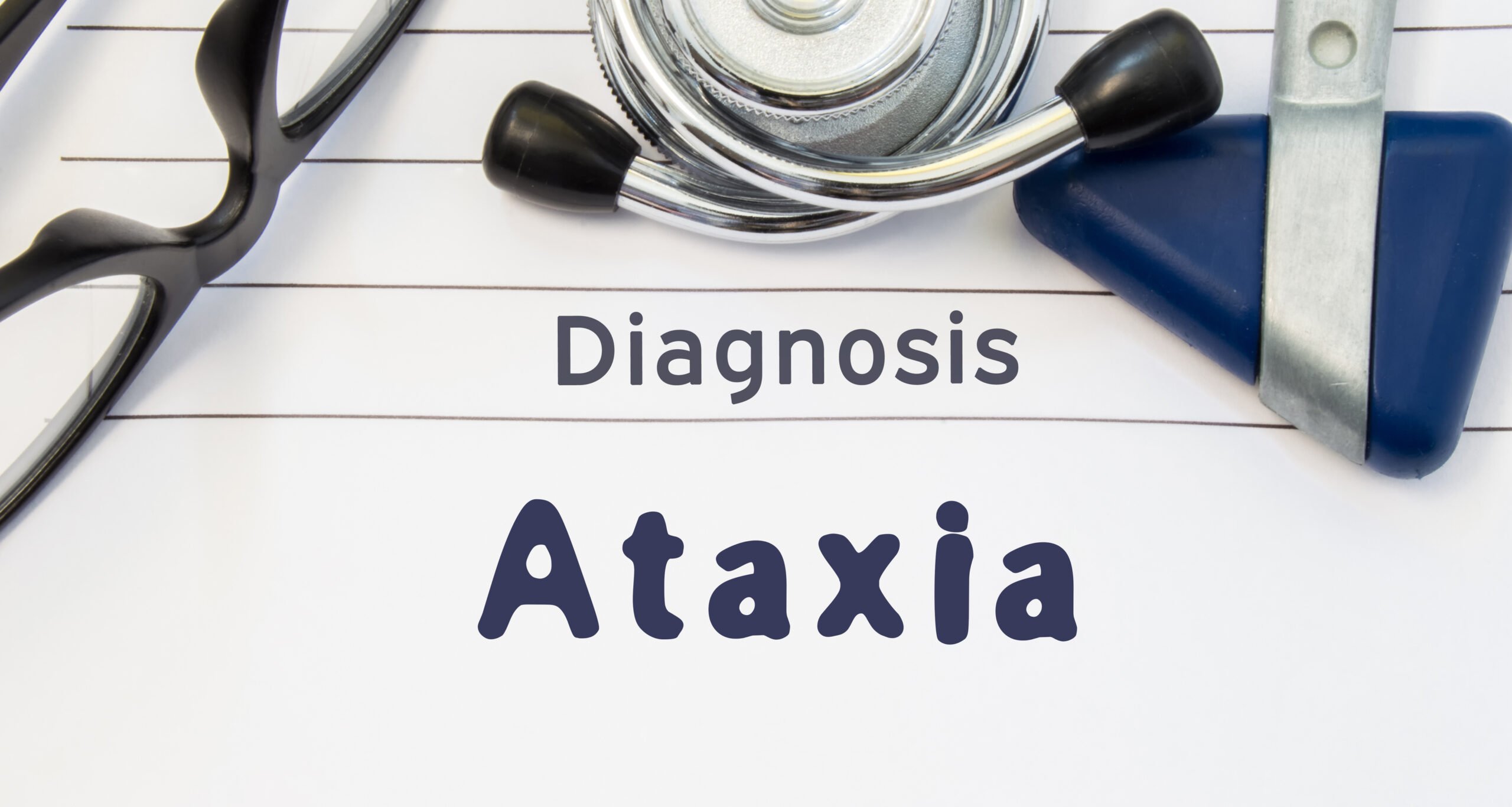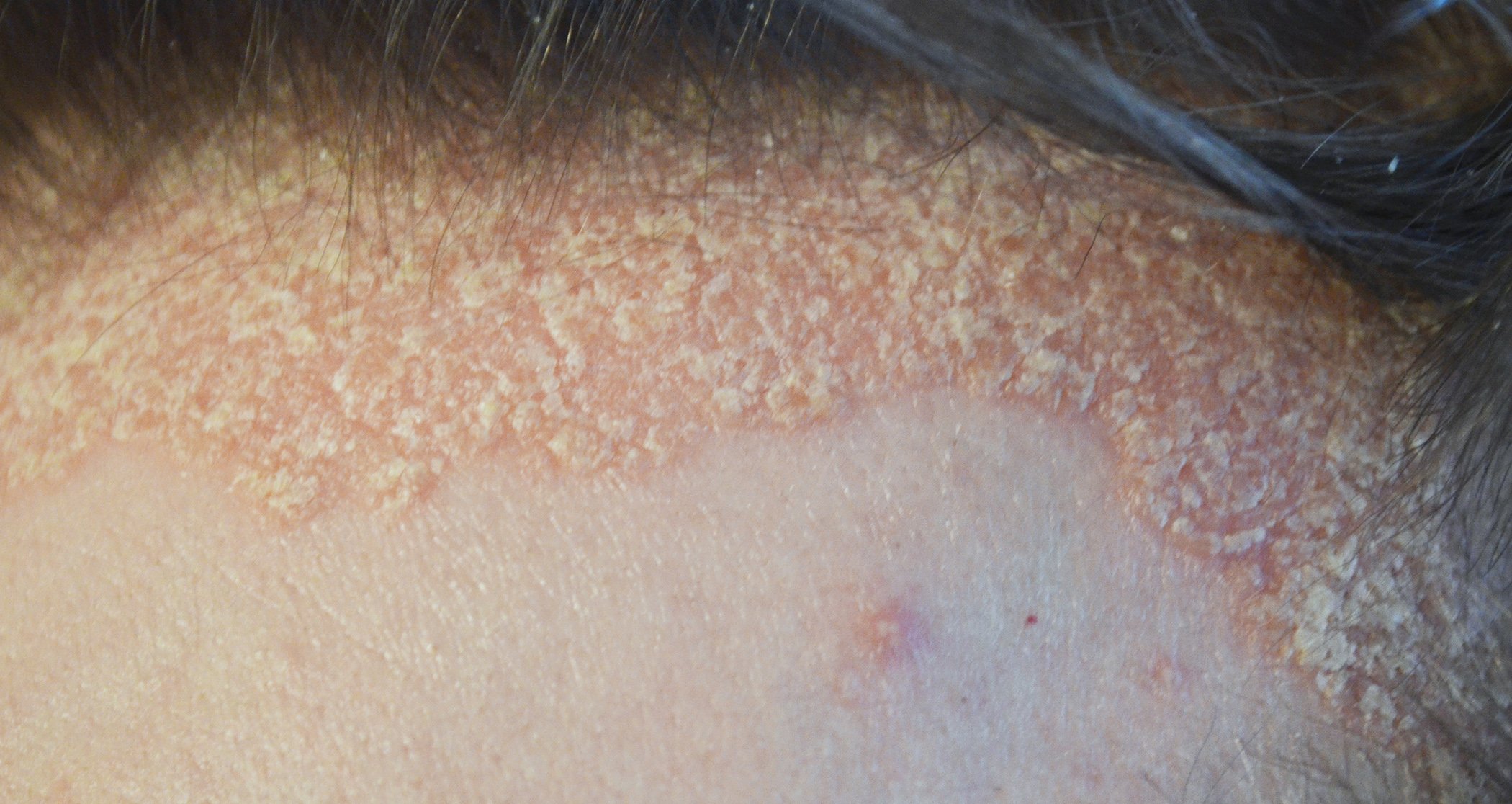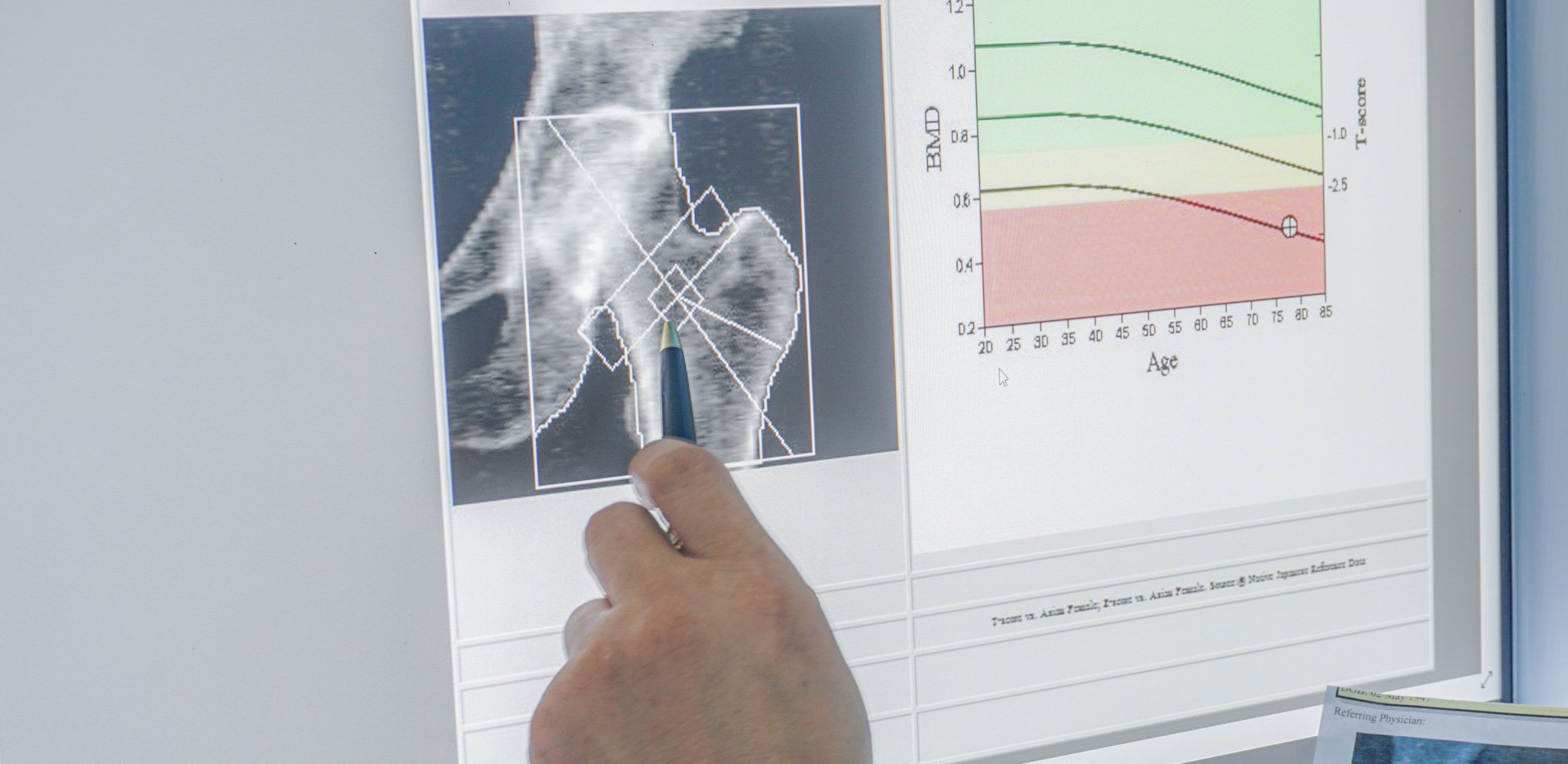Diseases of the kidney are difficult to diagnose because they lack a typical clinically detectable symptom. In general, such a disease can only be detected by a pattern analysis of various subjective and objectively detectable signs. These include such non-specific and common symptoms as a patient’s hypertension or intolerance of performance.
Why is it important to diagnose kidney disease early? There are very different arguments for this, which are relevant to the patient in their varying degrees.
It starts with the fact that renal function impairment is an indicator disease for increased cardiovascular risk. So everything possible must be done to control or minimize the other risk factors that can be influenced. Of course, impaired renal function is associated with altered pharmacokinetics of many substances and must therefore be considered in all drug interventions. The endocrine functions of the kidney crucially affect calcium and phosphate balance, blood formation and blood pressure, but also many other regulatory circuits. Although careful assessment and adjustment of drug therapy is regularly necessary in patients with renal impairment, the primary care physician can perform important monitoring functions for a long time. For chronic renal function impairment CKD 4 and below, corresponding to a glomerular filtration rate <30 ml/min/1.73 m2, a firm link to a nephrologist should be ensured.
Kidney disease can occur primarily without an underlying cause. In addition to supportive therapy, the nephrologist must determine whether specific therapy should be initiated, depending on the underlying disease.
Renal changes that have a secondary cause are of particular importance. This can be, for example, a systemic disease, a malignancy or an infection, which have their initial or an organ manifestation in the kidney. Thus, the kidney provides a window for the detection of other diseases. One such example is found in our consultation. A man is sent for evaluation of proteinuria with only mild renal impairment. A kidney biopsy reveals membranous glomerulonephritis. Among other things, a malignant disease is sought as the cause of this disease, which manifests itself in the form of a small in-situ localized esophageal carcinoma. This can be resected curatively, and subsequently renal function normalizes, proteinuria is no longer detectable.
Renal replacement therapy greatly affects patients’ quality of life and is also an expensive treatment option. Therefore, in addition to treatment of renal function deterioration that has already occurred, close monitoring of high-risk populations and avoidance of high-risk situations or risk factors for renal impairment are required.
Risk collectives are defined as persons or groups of persons who are frequently in need of dialysis, i.e. who have an insufficient functional reserve for the remaining lifetime. These are patients who are already born with a decreased reserve of nephrons and are identifiable by decreased birth weight. If women have experienced hypertensive disease during pregnancy, such as preeclampsia, the risk of kidney disease requiring dialysis is multiplied. Diabetics are twice as likely as nondiabetics to have renal artery stenoses, some with significant functional consequences. Proteinuria, in addition to its function as an indicator of damage, is also a good progression parameter. Early studies demonstrated that patients with greater proteinuria showed a more rapid decline in renal function. It was striking, as in other studies, that blood pressure played an important role. And indeed, the level of blood pressure is the most relevant progression factor. At present, it is not yet clear how much blood pressure should be lowered, but values below 140 mmHg systolic and 90 mmHg diastolic should certainly be aimed for. After severe blood pressure lowering was rather counterproductive in various other diseases, rapid, aggressive blood pressure lowering to even lower target values should be avoided. However, based on various smaller studies, there is nothing to be said against a cautious controlled blood pressure reduction below 130/80 mmHg and possibly even lower, if the patient and, if necessary, vascularly already compromised current areas such as the CNS, the heart and also the kidneys remain under observation. Even if an adequate reduction in blood pressure is often difficult to achieve, it is worthwhile for the patient if dialysis treatment can be postponed for just one year. Part of this 80,000 Swiss francs can be invested by the general practitioner with advantage in the reduction of cardiovascular risk and mortality resulting from good blood pressure control.
For reasons of systematics, the following articles are divided into one chapter on glomerular and one on tubulointerstitial diseases. It is not intended to be a complete account of all possible renal diseases, but to present basic principles and the differences of diseases of these two important structures of the nephron.
A third article is devoted to a very different but very common kidney disease, kidney stones. 5-10% of the population have a kidney stone once in their lifetime, and about 50% of them experience a recurrence. This shows the importance of targeted clarification and effective recurrence prophylaxis. Andreas Pasch describes in a very practical way which kidney stone patients should be further clarified, when and in which form, and which recommendations should be given to them.
I wish you an interesting read!
Cordially, your
Prof. Dr. med. Markus Georg Mohaupt











